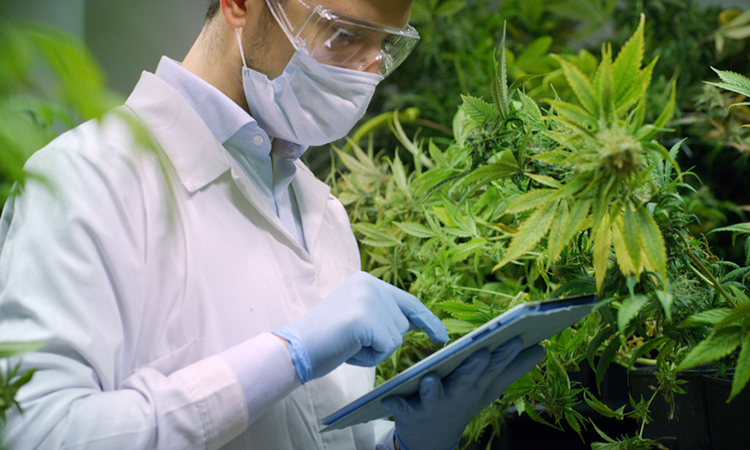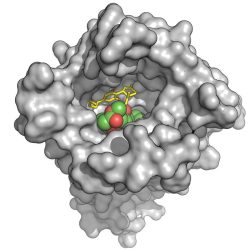
US scientists have researched (cannabidiol) CBD as a option for opioid overdoses, alternatively of a preferred opioid antidote.

US experts are now seeking to cannabidiol (CBD), a part of cannabis, as a probable option to a common opioid antidote.
There has been a recent drive in the US to make naloxone — a rapid-performing opioid antidote — obtainable devoid of a prescription. This medicine has saved lives, but it is much less productive towards impressive artificial opioids, these kinds of as fentanyl.
On March 28 2023, a team described that compounds primarily based on CBD that lower fentanyl binding and improve the results of naloxone, at the American Chemical Culture (ACS) hybrid assembly.
“Fentanyl-class compounds account for a lot more than 80 p.c of opioid overdose deaths, and these compounds are not heading anywhere” reported Dr Alex Straiker, the project’s co-principal investigator. “Given that naloxone is the only drug accessible to reverse overdoses, I feel it makes feeling to seem at alternatives.”

CBD (yellow adhere framework) interferes with binding of an opioid (inexperienced and red) by stabilizing an opioid receptor (gray) in its inactive sort. (Credit score: Charles Kuntz)
A new option could just take one of two forms, in accordance to Dr Michael VanNieuwenhze, the other co-principal investigator for the venture.
“Ideally, we would like to find out a a lot more strong substitution for naloxone,” VanNieuwenhze stated. “However, acquiring one thing that will work synergistically with it, lowering the sum essential to handle an overdose, would also be a success.”
In contrast to other compounds in this class, this sort of as heroin or morphine, fentanyl and its other synthetic family members bind much more tightly to opioid receptors in the mind. Naloxone reverses an overdose by competing with the drug molecules for the same binding web-sites on the receptors. Fentanyl binds so quickly, so it has a leg up on naloxone, and escalating proof indicates that reversing these varieties of overdoses may well involve a number of doses of the antidote.
At this stage, researchers have exhaustively analyzed the system naloxone normally takes, but they have nonetheless to uncover any way to strengthen on its overall performance.
Earlier investigation suggesting that CBD can interfere with opioid binding impressed the present-day effort. In investigate released in 2006, a team centered in Germany concluded that CBD hampered opioid binding indirectly, by altering the form of the receptor. When made use of with naloxone, they found CBD accelerated the medication’s effect, forcing the receptors to release opioids. To increase these effects, Jessica Gudorf, a graduate scholar in VanNieuwenhze’s team, altered CBD’s composition to generate derivatives.
Taryn Bosquez-Berger, a graduate university student in Straiker’s group, examined these new compounds in cells with a substance termed DAMGO, an opioid made use of only in lab scientific tests. To evaluate their accomplishment, she monitored a molecular sign that diminishes when this variety of drug binds. Armed with feed-back from these experiments, Gudorf refined the buildings she produced.
In the finish, they narrowed the field to 15, which they analyzed at various concentrations from fentanyl, with and without naloxone. Numerous derivatives could cut down fentanyl binding even at what Bosquez-Berger explained as “incredibly low” concentrations, although also outperforming naloxone’s opioid-blocking effectiveness. Two of these also confirmed a synergistic outcome when put together with the antidote.
The workforce has because started screening the most thriving derivatives in mice. In these experiments, they are investigating whether or not these compounds change behaviours related with taking fentanyl.
“We hope our tactic leads to the birth of new therapeutics, which, in the fingers of crisis staff, could preserve even more lives,” Bosquez-Berger concluded.

/cloudfront-us-east-1.images.arcpublishing.com/gray/TAXROKCH5ZC2XG25VM5QIDVAWU.jpg)





